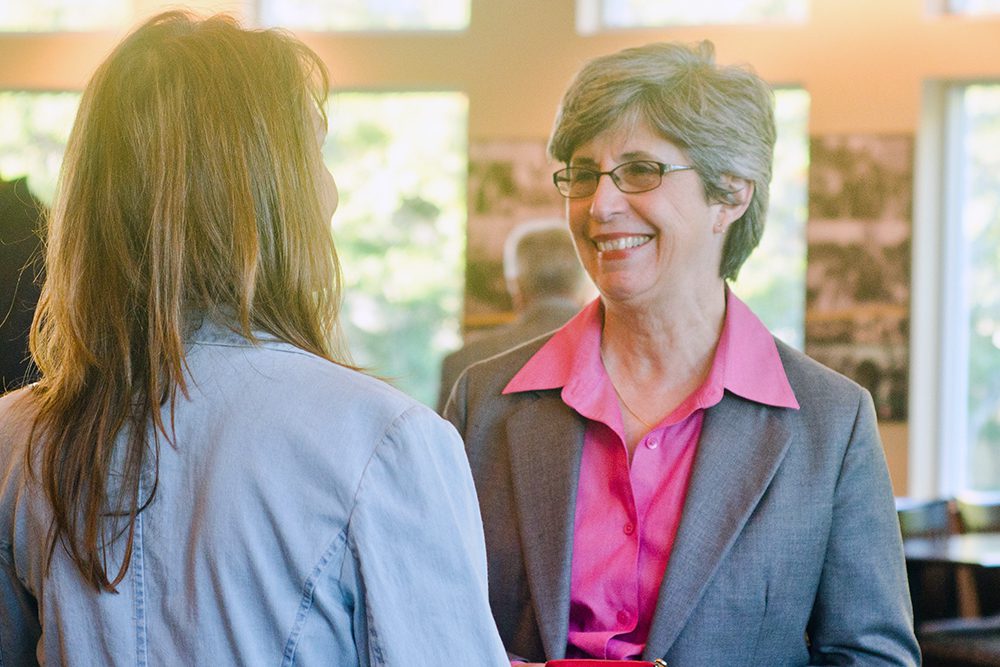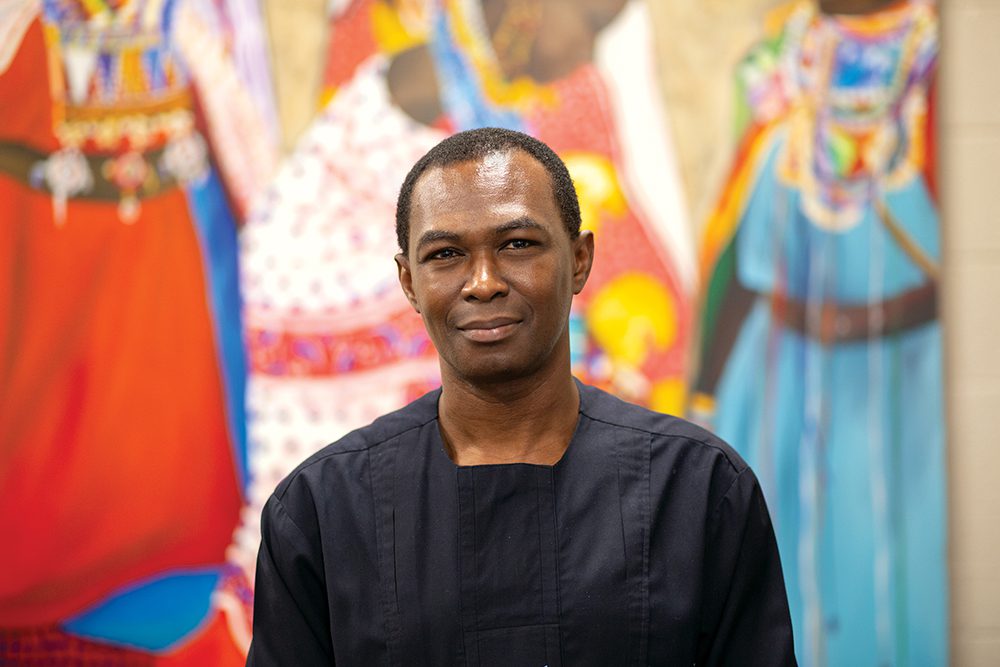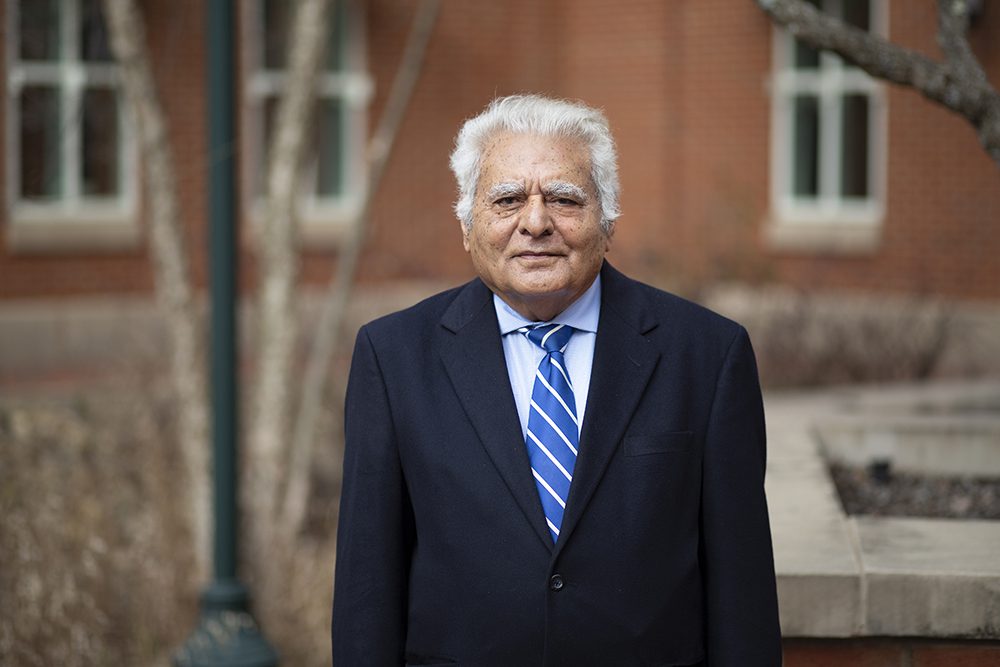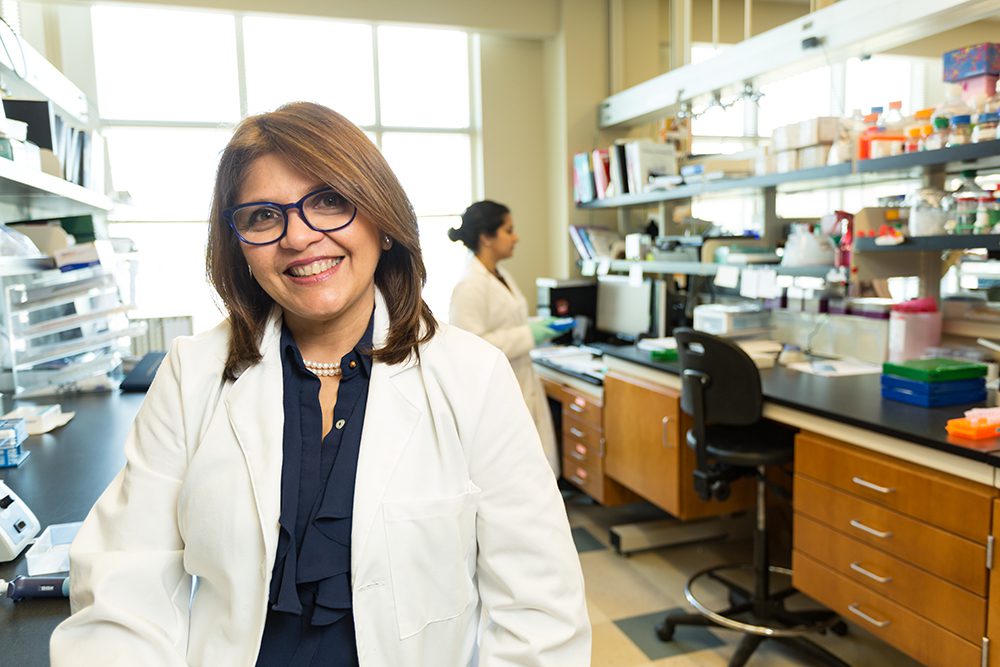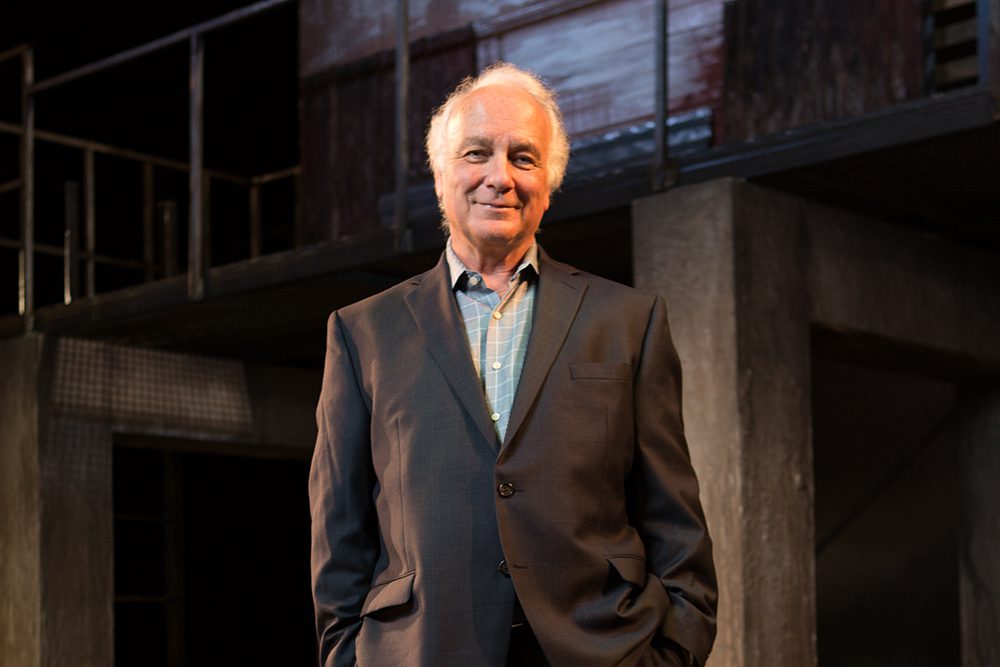Faculty Perspective: Voices of the Dubois Legacy
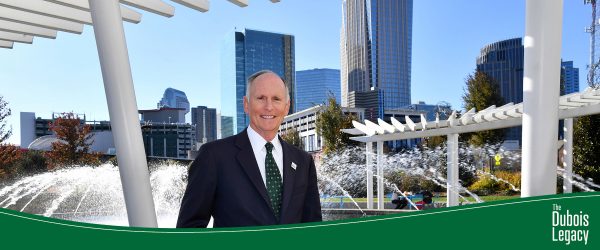
A lasting legacy. This story is part of a series demonstrating the achievement, impact and growth of UNC Charlotte under the leadership of Chancellor Philip L. Dubois.
At institutions of higher education, faculty and administrators are the foundation of efforts in academics and research, and have a deep understanding of the effect of strong, thoughtful leadership on the health of a university. As Chancellor Dubois prepares to retire, five veteran 49ers reflect on his impact.
JOAN F. LORDEN
Provost and Vice Chancellor for Academic Affairs
Years at UNC Charlotte: 16
Chancellor Dubois has been a transformative leader. It is impossible to overestimate the importance of the continuity in leadership that he has provided. His clear-eyed vision for the campus and community have allowed us to grow and mature as an institution while maintaining the enthusiasm and can-do quality of a start-up. An advantage of being a young university is that we have been pushed to develop new, forward-looking, interdisciplinary graduate programs. In addition to our long-standing programs in areas like engineering and business, we have led the state in emerging disciplines like organizational science, health informatics, bioinformatics, health psychology, cyber security, urban design, and Latin American Studies.
AKIN OGUNDIRAN
Chancellor’s Professor, former Africana Studies Department chair and professor in Africana Studies, History and Anthropology
Years at UNC Charlotte: 11
I first heard Chancellor Dubois use the expression “we are building the university of tomorrow” about eight or nine years ago. In two different contexts, the chancellor was talking about different but related things. In one case, he was referencing the building of the structures that foster excellence in teaching, research and community engagement as well as student welfare. In another instance, he meant building a vibrant community life, such as through sports and the light rail. I always have had this sense that the Chancellor is a comprehensive thinker. He thinks about the interconnections of everything that a great university must be or aspire to be, with the best scholarship, and discovery and dissemination of knowledge; the best academics and teaching; and providing faculty, staff and students with the resources they need to achieve all of these.
YOGENDRA KAKAD
Professor, Electrical and Computer Engineering
Years at UNC Charlotte: 44
There has been a very positive growth in the University over the Chancellor’s tenure. Student enrollment has been steadily increasing, the research funding has been increasing as well as the total number of research grants. Overall, the campus has a distinct character and has become extremely attractive to visitors. We have been in an enviable situation of increasing the faculty strength in terms of numbers as well as quality. The research campus and Portal Building have made our campus a showcase research university.
PINKU MUKHERJEE
Chair, Department of Biological Sciences
Years at UNC Charlotte: 10
It has really been, I would say, a hundred percent improvement with regards to the work of a researcher and also applying for grants, the management of it and the support that has been given to faculty to not just write and submit grants, but to encourage them to do so. It has been an amazing upward trend, which I hope continues.
KEN LAMBLA
Professor of Architecture, Founding Dean of the College of Arts + Architecture
Years at UNC Charlotte: 36
Chancellor Dubois was experienced enough to know how the research infrastructure had to grow commensurate with the number and range of graduate programs. He has centralized important aspects of research processing and budget administration, while simultaneously supporting the expansion of funding for students. His support for research at the undergraduate level has been an important focus, and he has worked to develop a more comprehensive research culture at the institution as a whole.
